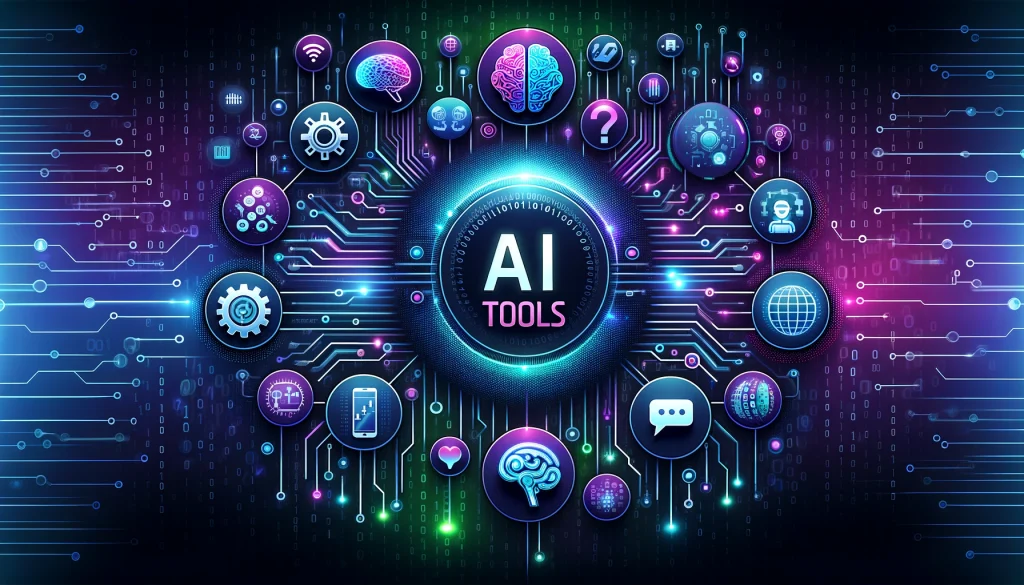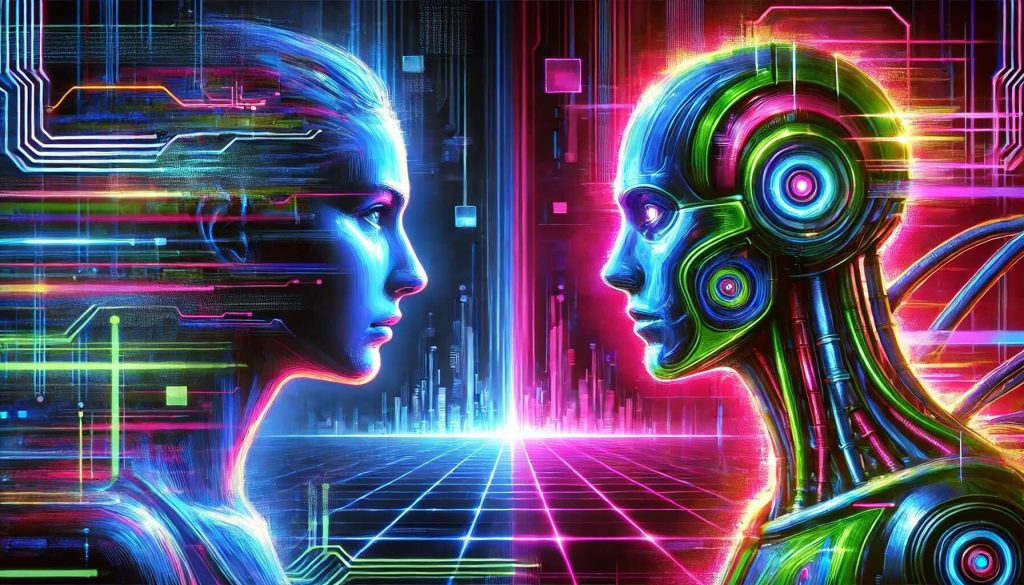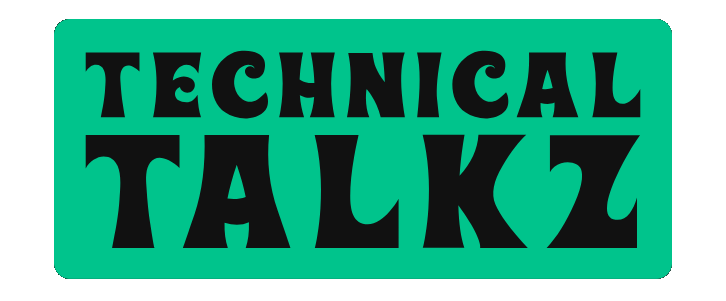By 2025, artificial intelligence (AI) is not something out of science fiction anymore—it’s a part of daily life. From our smartwatches and smartphones to our homes and cars, AI surrounds us. Perhaps one of the most groundbreaking ways AI is transforming the modern world is through AI-powered personal assistants. These intelligent agents are revolutionizing the way we interact with technology and manage our lives, especially in the USA and Europe, which have maximum digital uptake.
Those were the days when AI assistants could do nothing but remind us and play music. Today they are context-aware, can predict our needs, and even engage in natural, unbroken conversations. Let’s see how AI-powered personal assistants are revolutionizing our habits, enhancing productivity, and shaping the future.

The Evolution of AI Assistants
AI personal assistants have come a long way. Initially, devices like Apple’s Siri, Amazon’s Alexa, and Google Assistant were capable of performing simple tasks—setting alarms, weather checks, or answering trivia. In 2025, the same systems have developed extensively.
Thanks to improvements in machine learning (ML), natural language processing (NLP), and real-time data integration, AI assistants can now:
Understand context and tone
Remember user preferences
Make proactive suggestions
Manage complex workflows
OpenAI’s ChatGPT embeds into mobile and desktop platforms, Google’s Gemini, and Apple’s upcoming “Apple Intelligence” platform have expanded AI assistant functionality from mere task-executors to active life-organizers.
Applications: Where AI Augments Daily Life
Personal AI assistants are now woven into every aspect of daily life, from work and home to health and entertainment. Let’s proceed:
Work and Productivity
AI assistants like Google Gemini and Microsoft Copilot help users:
Arrange and prioritise meetings based on importance
Write emails and documents using natural prompts
Read spreadsheets, summarize reports, and pull data on demand
Switch work accounts and profiles automatically depending on context
In Europe and the USA, many companies are adopting AI assistants to enhance remote working productivity and automate administrative tasks, enhancing overall productivity.
Smart Homes
Smart homes are smarter than ever, all thanks to AI. Today’s assistants:
Learn daily routines of a household and optimize lighting, temperature, or security
Offer cooking ideas depending on what’s in your fridge
Streamline energy usage more effectively by learning user patterns
Operate various devices from different brands under a single unifying system
All this automation not only brings convenience but also promotes sustainability in terms of minimizing waste and energy consumption.

Health and Wellness
Health-focused AI features are gaining widespread popularity. Assistants are now:
Monitoring sleep and exercise data from wearables
Offering personalized wellness recommendations
Alerting users to take medication or drink water
Alerting users in advance with unusual health readings
Apple’s use of AI for the Health app and Samsung’s Galaxy AI features are great examples. In nations such as the EU, where wellness culture is growing at a rapid rate, these features are turning into the new standard.
Shopping and Recommendations :
AI helpers tap into browsing history, user behavior, and individual tastes to,
Offer product recommendations
Do price comparisons at multiple retailers
Order online with just a voice or chat request
With e-commerce within regional markets and multilinguality, AI solutions are making shopping in the USA and Europe even better.
AI helpers in 2025 utilize:
Large Language Models (LLMs) to converse like human beings
Neural networks to parse voice and text
Edge AI for device-local, privacy-conscious processing
Cloud synchronization for device-to-device synchronization
Industry leaders like Apple, Google, OpenAI, and Meta are investing billions to advance assistant capabilities, provide reliability, and roll out frequent updates.
Privacy and Ethics
As AI assistants gather increasingly personal information, issues with privacy start to emerge. In Europe in particular, where GDPR and digital rights are stringently enforced, users want to know what’s happening with their data and have control over it.
To combat this, companies are now:
Offering on-device processing of sensitive operations
Offering clear data access and deletion options
Using privacy-focused AI that does not share personal data with the cloud
Decision-making fairness, escaping discriminatory bias in recommendations, and accessible design for the disabled are also part of ethical use of AI.
What the Future Holds
The future of AI personal assistants is extremely promising. Over the next few years, we can expect:
Emotionally intelligent companions that detect mood and respond empathetically
Full integration with AR/VR environments, like Apple Vision Pro and Meta Quest
Multi-modal learning depth from several senses, including voice, facial, and hand gestures
AI coaches and therapists, supporting mental health and goal attainment
These technologies will be increasingly proactive and human-like, serving as lifetime buddies who understand us better than ever.
Final Thoughts
AI personal assistants of 2025 are not just helpful tools—they’re transforming the way we work and live. From smart homes to corporate workflows, health to personal shopping, these assistants deliver convenience, customization, and empowerment.




Very helpful blog..